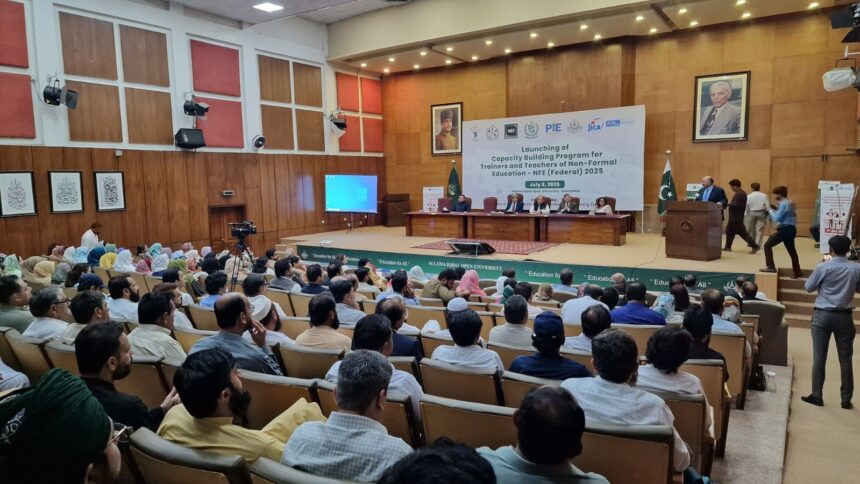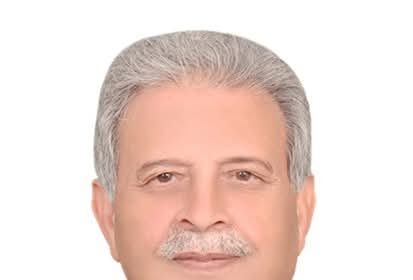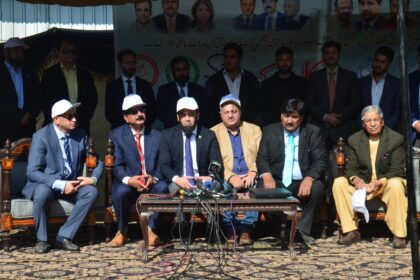The Ministry of Federal Education & Professional Training (MoFEPT) has launched an ambitious national Training of Trainers (ToT) program aimed at strengthening non-formal education (NFE) across Pakistan. Hosted at the Allama Iqbal Open University (AIOU) in Islamabad and supported technically by the Japan International Cooperation Agency (JICA), this initiative represents a major step forward in recognizing NFE as a vital, credible component of the country’s wider education strategy.
Across Pakistan, millions of children, teenagers, and adults find themselves unable to access traditional schooling due to issues like poverty, geographical distance, or age restrictions. For these marginalized groups, NFE programs offer a critical second chance to acquire fundamental skills, including literacy, numeracy, and basic education. Typically implemented via small, accessible community-based learning centers, NFE is more flexible and adapted to local needs than traditional schooling systems. However, despite its critical importance, NFE has long struggled from chronic underfunding and neglect.
At the heart of this reform initiative are NFE teachers, who overcome challenging conditions daily to deliver quality basic education to disadvantaged learners. Non-formal teachers not only teach academic subjects but also provide crucial support and guidance within their communities, making them instrumental to the success of any educational reform.
To equip these teachers better, the Ministry’s new national-level ToT program is coordinated by the Pakistan Institute of Education (PIE) and supported technically by JICA. Under this program, master trainers from every province have gathered to learn innovative, practical strategies designed for multi-level classroom instruction, accelerated learning approaches geared towards older students, effective community engagement strategies, and integration of modern digital tools—such as the E-Taleem Portal and the Non-Formal Education Management Information System (NFEMIS)—for enhanced classroom delivery and improved monitoring and assessments.
Several pioneering measures have been introduced through this initiative. For the first time, a comprehensive Teacher Needs Assessment was carried out by PIE, National Institute for Excellence in Teacher Education (NIETE), and JICA, covering teachers across the Basic Education Community Schools (BECS), National Commission for Human Development (NCHD), National Education Foundation (NEF), and partner organizations. Based on these findings, a carefully designed, targeted teacher training curriculum has been formulated, starting first with the preparation of master trainers. These trainers will subsequently roll out the training sessions to NFE teachers nationwide at the Union Council level, utilizing the support of Federal Directorate of Education (FDE) facilities and resources from AIOU. Furthermore, to boost classroom effectiveness, specially designed teacher kits will be distributed to assist frontline educators in improving their teaching practices and learning outcomes.
Importantly, the current ToT program does not stand alone but rather forms an integral element of MoFEPT’s comprehensive agenda for reforming and strengthening the national NFE sector. Among other notable policy measures, the Ministry will significantly increase budget allocations for NFE, establish coherence across teacher recruitment and training programs, enhance monitoring mechanisms, assessments, and student tracking systems, and work towards instituting a dedicated Federal NFE Policy. Additionally, the Ministry aims to foster stronger, sustainable partnerships with communities and educational institutions, ensuring that the benefits of non-formal educational reforms reach every corner of the country.











